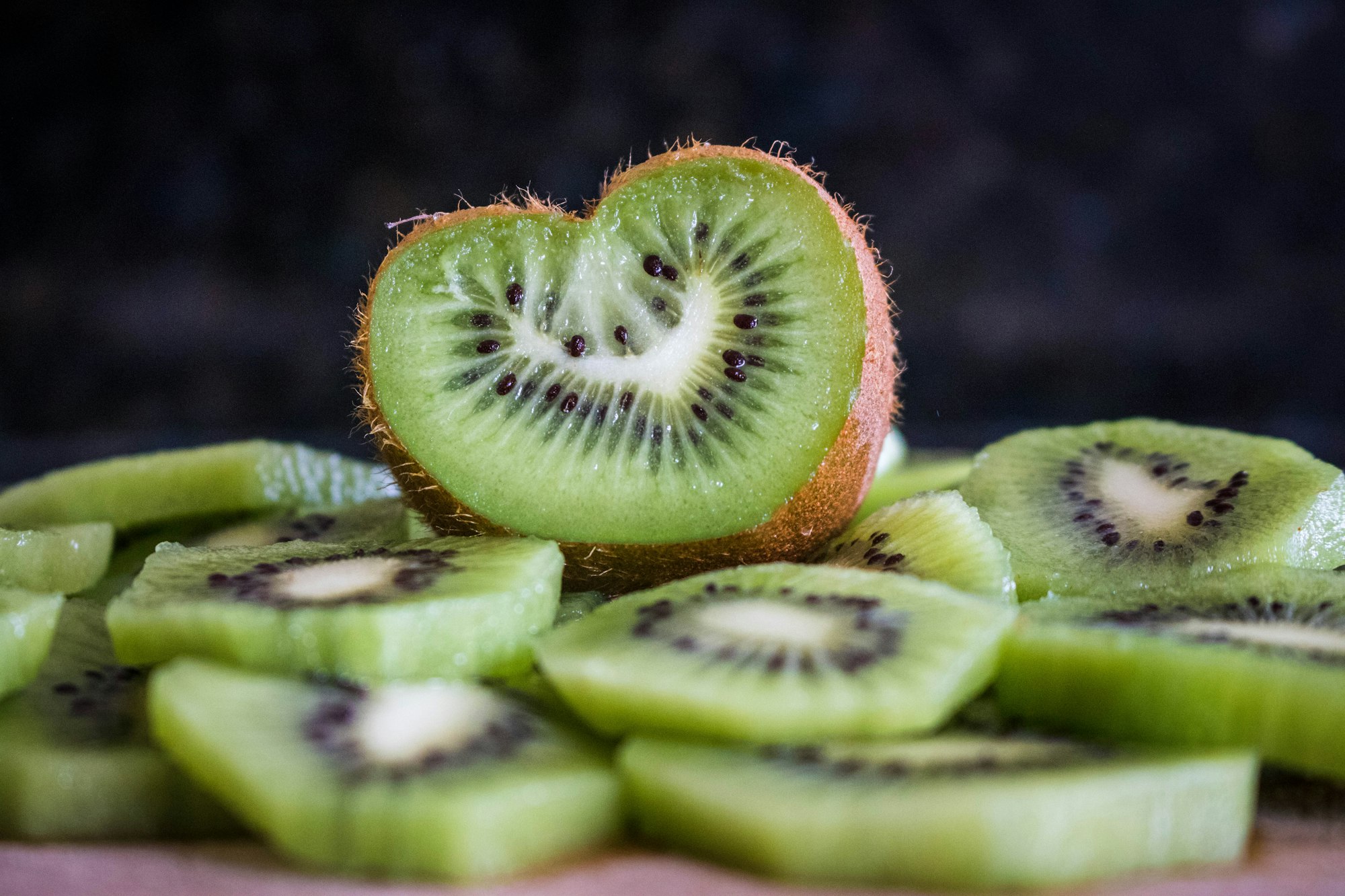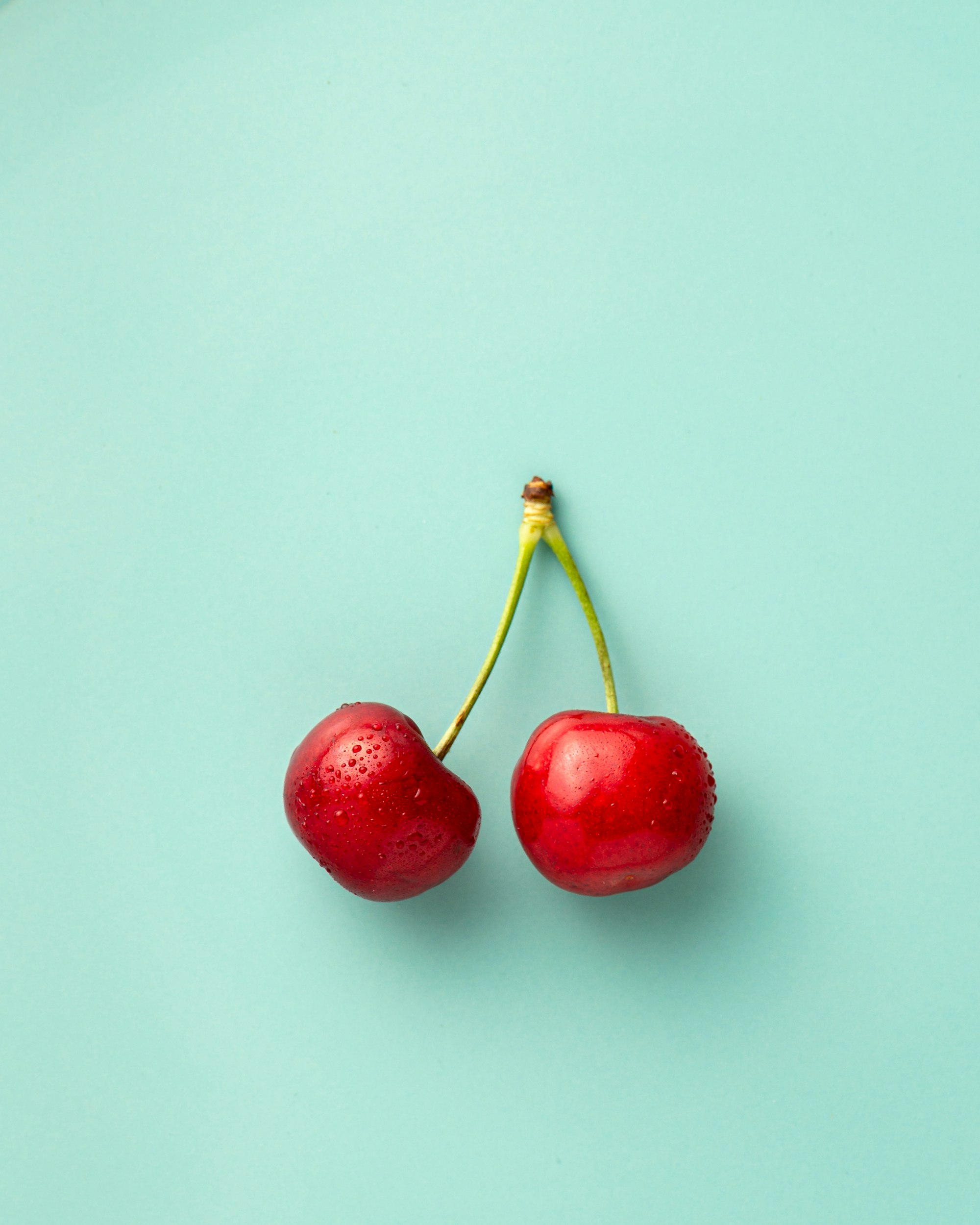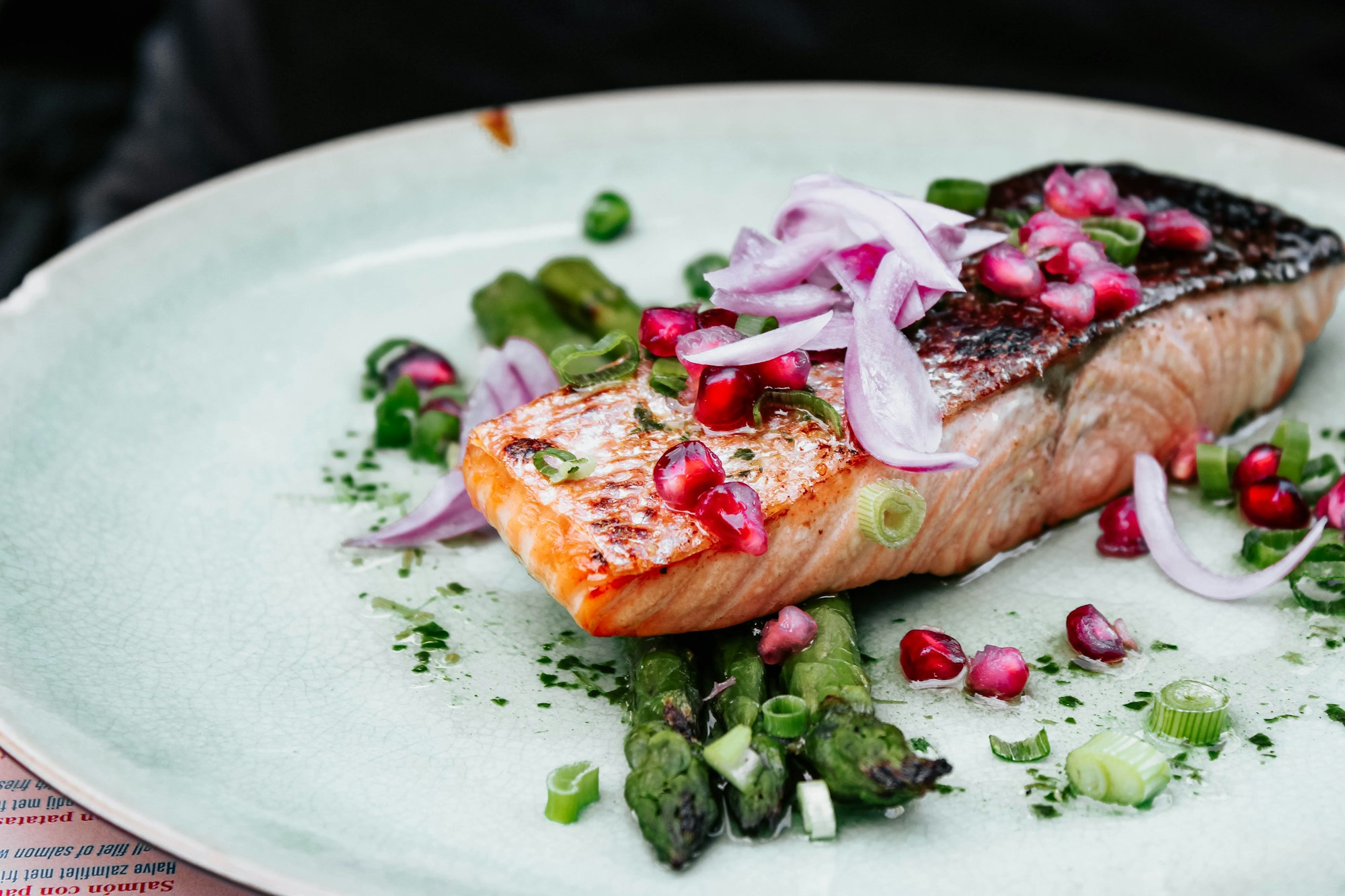5 Nutritious Foods That Are Also Good For Your Sleep
Did you know what you eat during the day might have an impact on your night's sleep? Here are 5 foods that might help and the research behind them.

When we decide what to eat each day, many factors influence our choices, such as nutritional value, taste, texture — or simply what we’re in the mood for. We probably don’t think about how food may impact our sleep.
Food and nutrients can affect our sleep in two ways. First, consuming appropriate nutrients can ensure that our bodies will have what it needs to function optimally, including our sleep cycle (for example, magnesium). Second, new research suggests a link between certain foods and better sleep.
1. Kiwi Fruit
Kiwis recently emerged onto the sleep scene after a study found that eating two kiwifruits an hour before bed was associated with 13.4% more total sleep and 5.4% improved sleep efficiency (the time we’re asleep relative to the amount of time we spend in bed).
Researchers surmise that kiwifruit contains high folate levels, and low folate levels have been linked to poor sleep. Because kiwifruit is eaten raw, the folate consumed is more potent, resulting in improved sleep.
Kiwis are also rich in vitamins C and E, antioxidants, and serotonin (which our bodies convert into melatonin, and melatonin promotes better mood and sleep). Though these nutrients and hormones are known to boost good sleep, the studies were conducted for just four weeks, so the long-term effects are uncertain.

2. Tart Cherries
Tart cherries or tart cherry juice have gained traction for encouraging better sleep. Cherries contain high levels of antioxidants and tryptophan. The two may synergistically combine into one sleep superfood.
One study found that older adults with insomnia who consumed 8 oz of tart cherry juice two times per day had improved self-rated sleep and less time awake in the middle of the night than those who did not. Another similar study also used an experimental and control group of younger adults and found that drinking 8 oz of tart cherry juice within 30 minutes of awakening and 30 minutes before bedtime led to more sleep. (However, some aspects of sleep varied by age group.) The study results varied on the type of cherry. Montmorency & Jerte Valley tart cherry types have been most studied.
Studies have confirmed that people’s melatonin levels rise after consuming tart cherries, but as noted, it may depend on the type of tart cherry. Like Kiwis, the tryptophan in tart cherry juice may help facilitate melatonin production. The antioxidant properties may also promote an anti-inflammatory effect and combat oxidative stress, leading to more restorative sleep.

3. Nuts
As with kiwifruit and tart cherries, certain nuts contain melatonin, antioxidants, and tryptophan that may help promote sleep. Interestingly, different nuts have different sleep powers.
- Pistachios have the highest melatonin content of all nuts. They also contain tryptophan.
- Walnuts contain melatonin and an abundance of antioxidants which help combat the oxidative stress in our bodies caused by sleep deprivation. Walnuts also have a specific omega-3 fatty acid, alpha‑linolenic acid (ALA). ALA converts to DHA, which may increase serotonin activity. Even though walnuts are jam-packed with sleep-promoting agents, they have not been studied as much as kiwifruit and tart cherries, and there are no guidelines on how many walnuts you should eat to get a good night’s sleep. A serving size (1 oz, or approximately seven nuts) would contain multiple health benefits.
- Almonds are rich in magnesium, benefiting sleep, especially if you have a manganese deficiency. Magnesium plays a crucial role in regulating neurotransmitters that message across your nervous system to help promote relaxation. It interacts with your parasympathetic nervous system (which enables a relaxation response) as well as melatonin. Similar to walnuts, almonds’ impact on sleep has not been studied. One ounce contains 20% of the daily recommended intake for magnesium.
4. Seeds
Like nuts, several seeds have nutrients that may help you catch some zzz’s. Pumpkin seeds contain tryptophan and magnesium. A 1 oz serving of pumpkin seeds contains 58% of the recommended daily intake of tryptophan. It’s important to note that our bodies don’t make tryptophan, and we need to get it from our diet., so consuming nutrient-rich sources is critical! Chia, sunflower, flax, and hemp seeds contain tryptophan, so sprinkle some in a bowl of yogurt, in a smoothie, or on your salad.

5. Fish
Fatty fish such as albacore tuna, salmon, herring, swordfish, and others are rich in omega-3 fatty acids and vitamin D, which may improve sleep. The high vitamin D content in fatty fish may have standalone effects on sleep. In one study, participants who ate salmon three times per week fell asleep faster and reported better daily functioning than those who ate the same amount of protein but from other sources (e.g., chicken, beef, and pork). Participants also had improved heart rate variability, meaning more balance and flexibility between the two parts of the stress response system. The nutritional benefits of omega-3 fatty acids in fish may also help heart health and boost an anti-inflammatory response.
We have many nutrition options that can tap into the critical pathways that promote sleep. Before reaching for a supplement, consider how you can incorporate more nutrient-dense foods into your diet to help your sleep and beyond! Sleep health, in addition to a well-balanced diet, regular movement, and stress management, all support one another and lead to optimal wellness.
Here’s to all the routes to your good health!